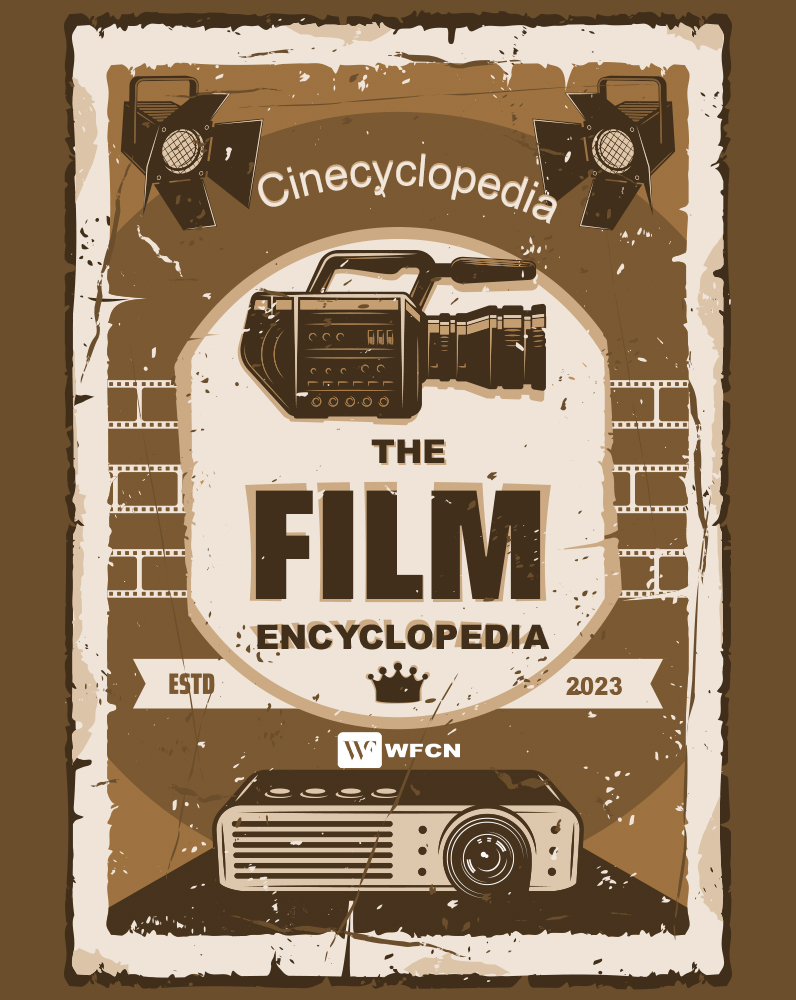Filmmaker
Created on : October 25, 2023 18:43 | Last updated on : January 18, 2024 15:02
Denotation
A Filmmaker is a person who makes Motion Pictures. Even though a filmmaker is often the primary creative force behind a film, a crew works together to develop a movie. Filmmakers must collaborate with a variety of departments, including production designers, costume, and makeup, to guarantee that the picture has a cohesive vision and style.

Introduction
A Filmmaker is a person who oversees the Aesthetic and Dramatic Elements of a Movie, envisions the screenplay, and directs the performers and crew in realizing that vision. When it comes to casting, production design, and all other Artistic Components of Filmmaking, the director plays a crucial role.
The Film Director directs the actors and crew and develops the overarching concept that makes a movie finally come to life or become attention. Movie Makers must be able to resolve conflicts between divergent artistic perspectives while adhering to financial constraints. The film Director depends on the successful cooperation of many different creative individuals with possibly strongly contradicting artistic ideals and visions, they also need to possess conflict-resolution skills to mediate whenever necessary. Thus the filmmaker ensures that all individuals involved in the Film Production are working towards an identical vision for the completed film.
Because of the impact of the Auteur Theory, a Movie Director is regarded as one of the writers or the "author" of the work under European Union law. The thesis of "auteur" in cinema criticism asserts that a director's work represents their unique creative vision, treating them as the main "auteur."
Qualities of a Good Film Director
Visionary:
A Skilled film director knows exactly what they want their movie to achieve. They are skilled at bringing the narrative to life in a way that enthralls and engages the viewer.
Creative:
A good movie maker is creative and unconventional in their thinking. To make the film unique, they don't mind taking chances and experimenting with different concepts.
Leadership:
An excellent filmmaker possesses exceptional leadership qualities. They may manage a large group of people, including performers, crew members, and other film production staff, to get the required results.
Collaboration:
An efficient film director understands the importance of teamwork. They know how to collaborate with performers and crew members to bring out the best in them, and they are receptive to fresh concepts and ideas.
Types of Film Directors
Filmmakers who are enthralled with technology are skilled at creating visually striking and emotionally charged pictures. Before realizing the nuances of story-based movies, they are probably more drawn to splash videos.
Performance Director:
A Film Director of this kind can have started as an Actor. He or she is aware of the subtleties of acting and the richness it may impart to a narrative. Rather than concentrating on the technology, the Film Director works closely with each actor to extract the greatest performance possible.
Art & Crafts Director:
This particular type of Film Director is one of a rare type that is knowledgeable about both the Artistic and Technical Sides of Filmmaking. He or she spends time working with the performers to refine their performances and assisting the crew in determining the precise shots that need to be taken. The film director applies these same abilities in post-production, serving as the editing room's representative for the production team's technical and artistic aspects.
Some Best Directors of All Time are listed below:
Alfred Hitchcock
Stanley Kubrick
Ingmar Bergman
David Fincher
Quentin Tarantino
Frederico Fellini
Charlie Chaplin
Sergei Eisenstein
James Cameron
Steven Spielberg
Responsibilities of a Film Director
For the purpose of entertaining and educating viewers, Filmmakers produce videos, Television Series, and Motion Pictures. They may helm a big-budget, special-effects-heavy movie slated for a national release, or they might helm a small, Educational Video about jury service for local town. Film directors are frequently engaged in post-production, including sound design and editing, and they manage most, if not all, of the creative parts of a movie.
Some responsibilities include:
- Choosing a screenplay to be made into a movie.
- Selecting and holding auditions for actors and crew members.
- Approving and keeping an eye on a movie's budget.
- Making sure the movie is finished on schedule and budget.
The public's desire for New Films and television series is predicted to lead to a rise in the number of work possibilities for directors of the motion picture and video industries. Film directors may have even more job options in the future because to new technologies for delivering video material, such as mobile phones and internet television.
Short Film Maker vs Feature Film Maker
According to the Academy Awards, a film is deemed short if it lasts less than 40 minutes, however, in reality, a 40-minute picture is regarded as a rather long short film. Most shorts are usually between five and fifteen minutes long.
Though it's not always the case, Short Movie Makers often have fewer teams and smaller budgets than features. Depending on the narrative and available resources, producing a sophisticated and well-funded Short Film can cost as much as producing a low-budget feature film.
While most film festivals and other bodies demand a minimum length of 75-80 minutes, the Motion Picture Academy states that any film with a duration of 40 minutes or more qualifies as a Feature Film.
Stephen Follows reports that the typical duration of a feature film was between ninety-three and ninety-eight minutes from 1999 to 2018.
Like shorts, Feature Film Directors often work with larger crews and greater budgets, but again, this all depends on the resources available and the story being presented.
Conclusion:
Even though Full-Length Feature Films are more profitable, everyone must start somewhere. Making a short film might be the first step in establishing yourself as a capable producer. Your short film may lead to bigger projects and higher budgets if the proper people watch it. It may even pave the way for a multi-million dollar big-screen hit!